FM: UNSC resolution on Yemen violates UN charter, serves interests of those embroiled in war crimes
Yemeni Foreign Minister Hisham Sharaf Abdullah has slammed the latest UN Security Council resolution on Yemen as “provocative," saying it serves the interests of aggressors not Yemenis.
The UNSC adopted a resolution, proposed by the United Arab Emirates, on Monday, to expand a targeted UN arms embargo on several leaders of the popular Ansarullah resistance movement to the entire group.
The controversial anti-Ansarullah resolution strongly condemned counterattacks by Yemeni fighters, including those on Saudi Arabia and the UAE, and demands their immediate cessation.
Abdullah told Yemen’s Saba news agency on Wednesday that the Security Council adopted a resolution that serves the interests of the member countries of the Saudi-led coalition waging war on Yemen “thanks to the temporary membership of one of the aggressor countries in the UNSC,” in an apparent reference to the United Arab Emirates.
He noted that the resolution is unprecedented in the history of the Security Council as the body gave up its role to maintain international peace and security, and rather served the interests of those embroiled in the crimes committed against Yemenis over the past seven years.
Yemen's top diplomat further said, “It is shameful and ridiculous that one of the aggressors against Yemen" proposes a resolution to impose new sanctions against the country.
Abdullah noted that the latest UNSC resolution constitutes a “clear violation” of the UN charter that affirms the peoples’ right to self-defense.
He reiterated that any attack launched by Yemeni forces against targets belonging to the member countries of the coalition came as a "natural response" to the war crimes committed by the Saudi-led coalition in Yemen since March 2015, stressing that the Yemeni troops, unlike the aggressors, don’t target civilians.
The minister also called on the UNSC to continue to support the efforts aimed at reaching a political, peaceful, and fair settlement that addresses the humanitarian catastrophe caused by the Saudi aggression on Yemen and the siege imposed on the country. He also urged the body not to side with the member countries of the coalition in order not to lose its credibility.
Saudi Arabia and a number of its regional allies – including the United Arab Emirates (UAE) – launched a brutal war against Yemen in March 2015.
The war was launched to eliminate Yemen’s Houthi Ansarullah movement and reinstall former Yemeni president Abd Rabbuh Mansour Hadi, a staunch ally of Riyadh.
The war, accompanied by a tight siege, has failed to reach its goals, but it has killed hundreds of thousands of Yemeni people. The UN refers to the situation in Yemen as the world's worst humanitarian crisis.
The Saudi war has also taken a heavy toll on the country’s infrastructure, destroying hospitals, schools, and factories.
Meanwhile, Yemeni forces have in recent months gone from strength to strength against the Saudi-led invaders and left Riyadh and its allies bogged down in Yemen.
US imposes new sanctions on fleet involved in Iran’s oil exports
Iran ready to consider troop deployment to Syria upon official request
VIDEO | Press TV's news headlines
23 Palestinians killed in Gaza as Israel issues new evacuation threats
Gazans now face epidemic of traumatic injuries: UNRWA
South Korea’s President Yoon declares martial law
Yemen, Iraqi resistance strike Israeli targets in joint operations
France’s Barnier government inches closer to collapse


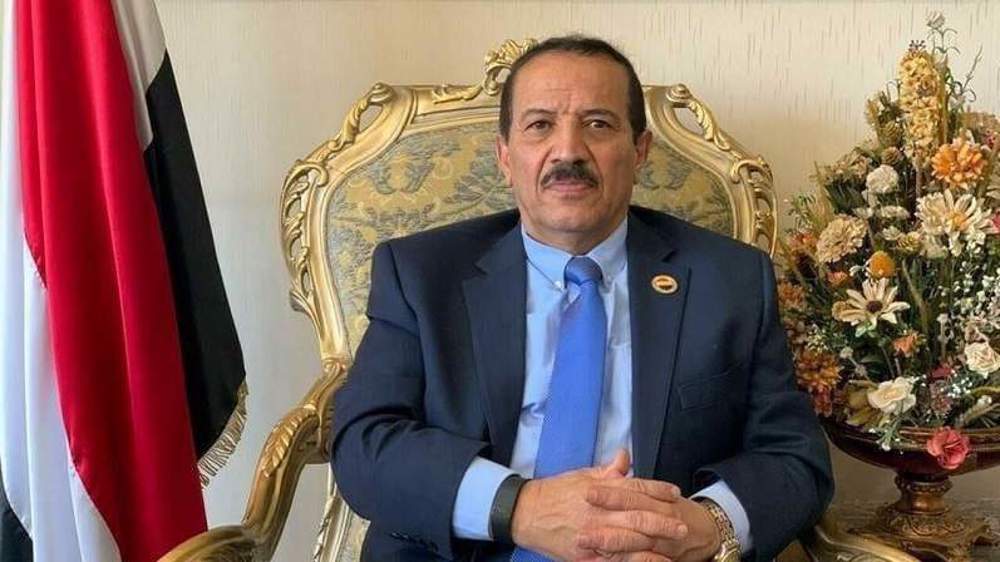
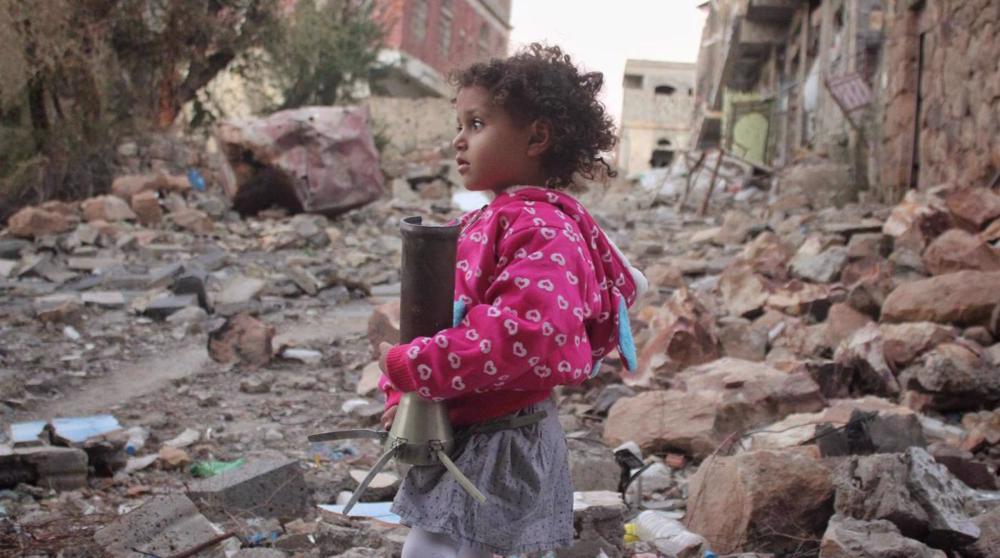
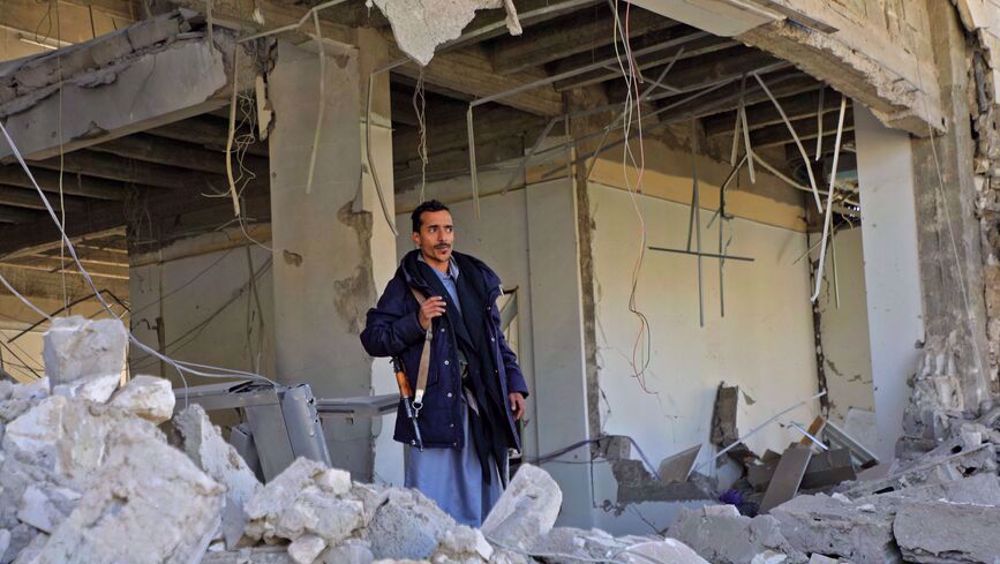
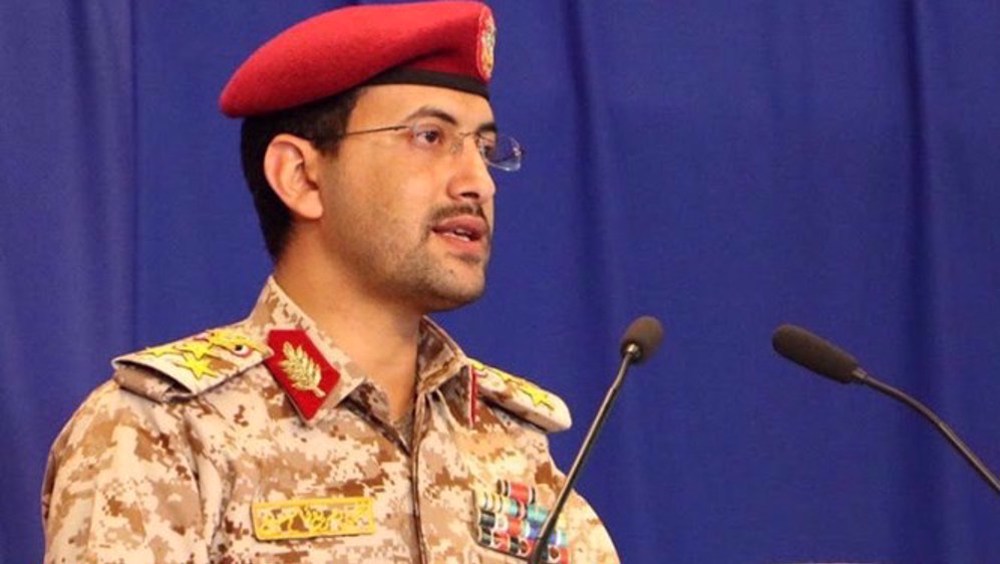
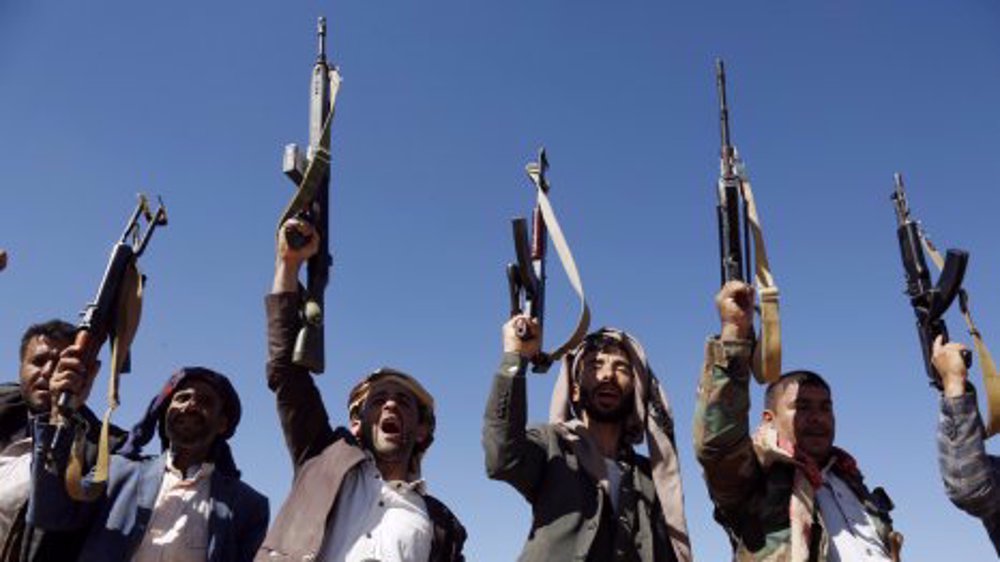




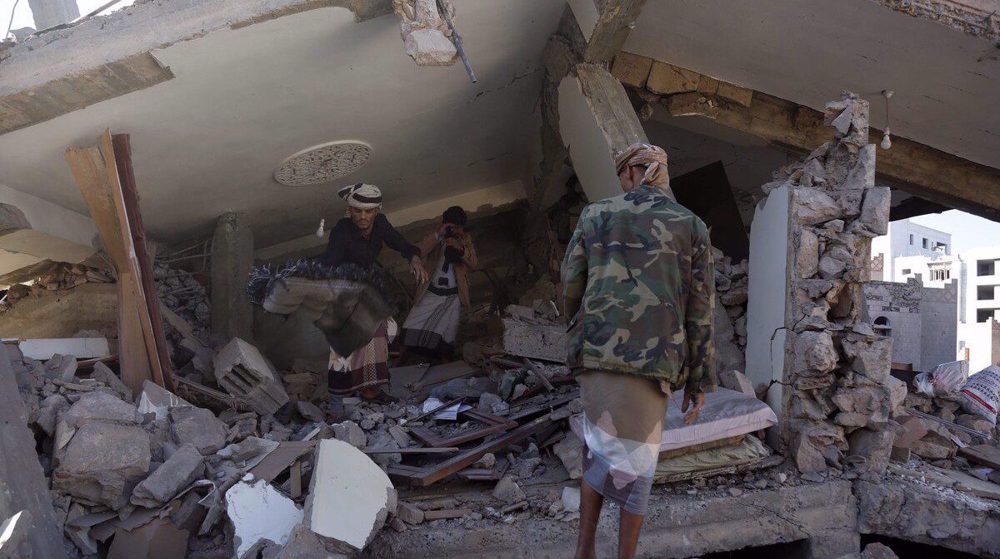
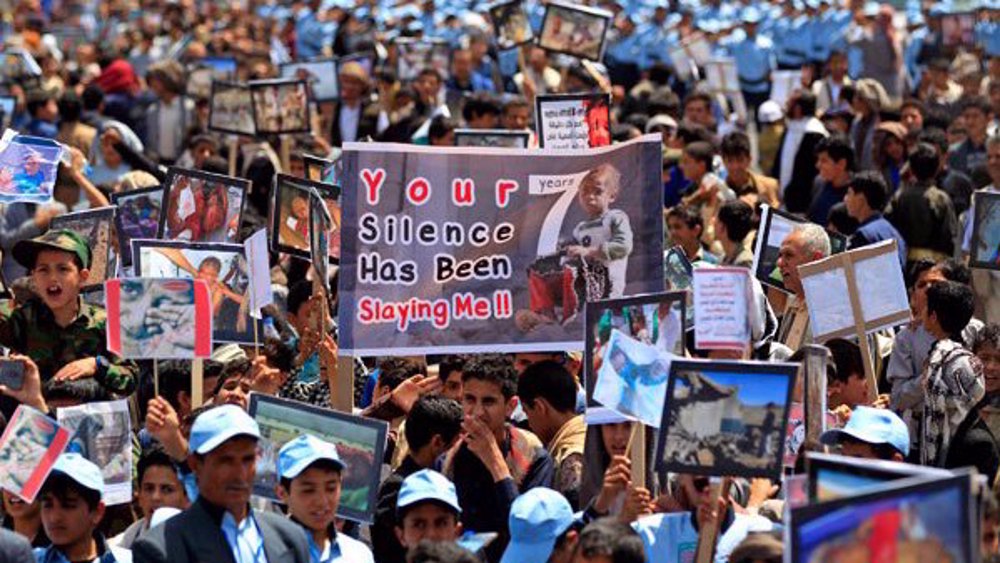

 This makes it easy to access the Press TV website
This makes it easy to access the Press TV website